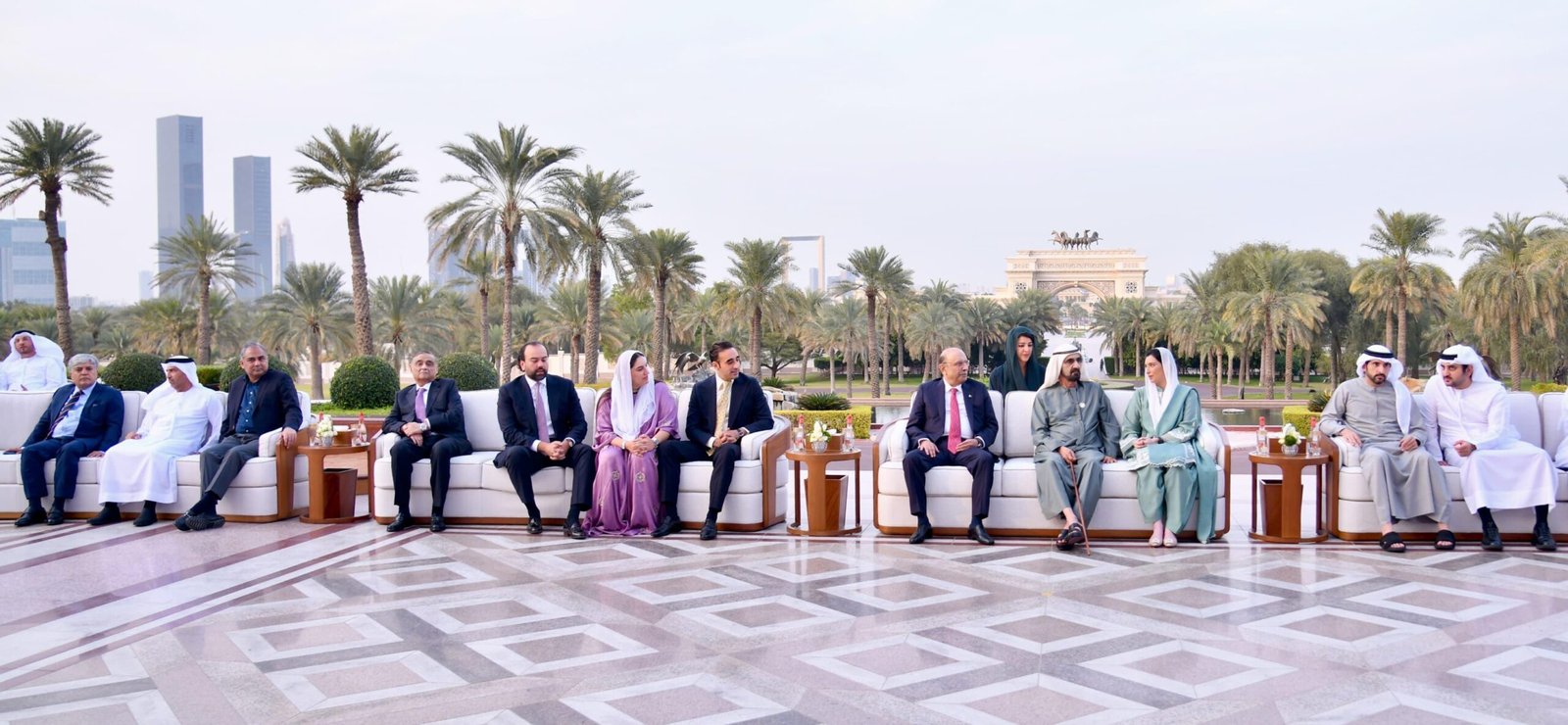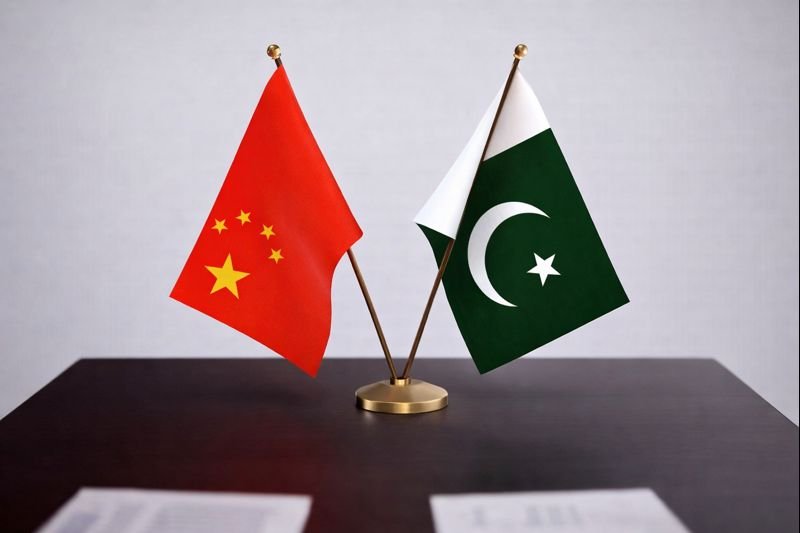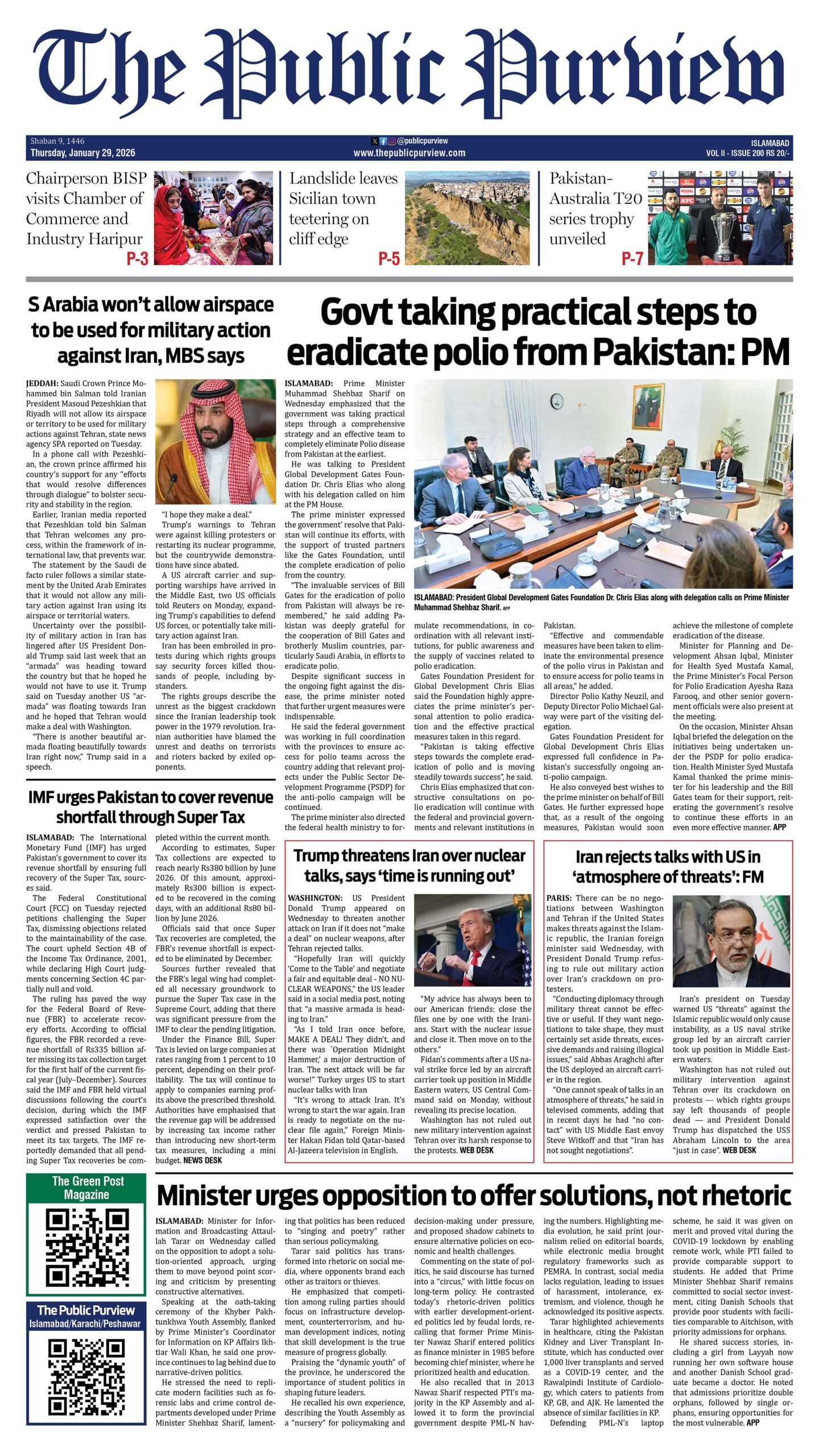Peshawar:
Urgent need for a collaborative approach to prevent violence against children in any form was highlighted in a high-level stakeholders’ consultation on the development of a National Child Protection Prevention Framework (CPPF). The consultation was jointly organised by Save the Children and UNICEF on Thursday and brought together representatives of provincial child protection mechanisms, international organisations and civil society organizations.
In his opening remarks, Project Manager Save the Children M Azam Kiyani briefed the participants about the objectives of the consultation. He shared that the session is part of the series of consultations held across the country to finalise the Child Protection Prevention Framework (CPPF). Speaking on this occasion, Deputy Chief KPCP Commission Ijaz Muhammad Khan presented the landscape of the child protection issues in the context of KP and the measures taken by the provincial government to improve the situation. Sohail Ahmed Child Protection Specialist UNICEF thanked all the participants for their support and valuable input.
Following that, child rights expert Rabeea Hadi gave an overview of the current situation and existing protection mechanism. She said that while Pakistan has existing child protection laws, enforcement remains weak, and there is a lack of standardized prevention mechanisms across the country at both federal and provincial level. The participants were of the view that current responses are often reactive, focusing on victim support rather than prevention.
She said that said that CPPF aims to bridge these gaps by developing a structured framework that integrates primary (community-based prevention), secondary (targeted intervention for at-risk children), and tertiary (long-term recovery and prevention of recurrence) prevention strategies. She shared that The Framework will also establish key performance indicators and monitoring framework to assess and improve child protection efforts and will ensure regional adaptability by integrating the framework into long-term child protection policies, endorsed by provincial and regional authorities. The Framework will also have special focus on strengthening inter-agency collaboration among government institutions, law enforcement, social welfare bodies, and civil society to standardize prevention efforts nationwide.
After an extensive group work, the participants gave their feedback on proposed Child Protection Prevention Framework (CPPF) targeting three key risks including child labour, child marriage, and violent discipline or physical and humiliating punishment. The discussion centered on strengthening preventive measures to reduce cases of violence against children and improving inter-agency coordination to ensure effective child protection and prevention mechanisms.
The participants identified that all the issues related to child protection are exacerbated by poverty, lack of education and awareness, population, weak monitoring mechanisms and legal system and limited access to facilities. Participants stressed the need for stronger interventions to prevent children from being forced into labour, child marriage and provide them with protected environment. They highlighted Pakistan’s widespread child protection challenges, emphasizing that despite national and international commitments, millions of children remain vulnerable to violence, abuse, neglect, and exploitation. The consultation underscored the necessity of shifting from reactive approaches to a prevention-focused framework that addresses root causes and reduces harm before it occurs. The stakeholders reaffirmed their commitment to working collectively to enhance child protection measures in Pakistan.






 Today's E-Paper
Today's E-Paper